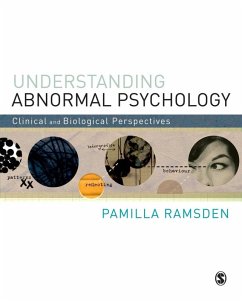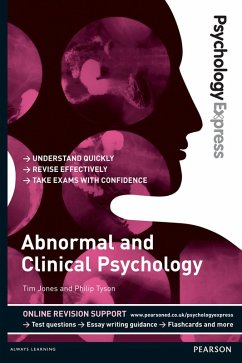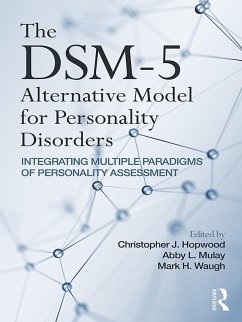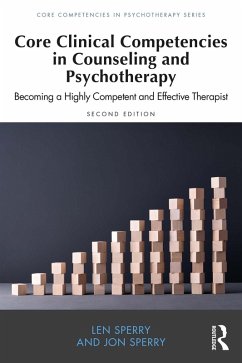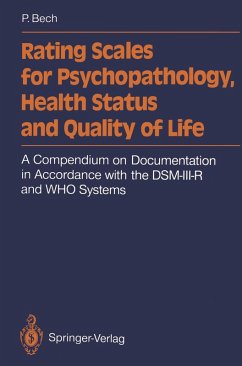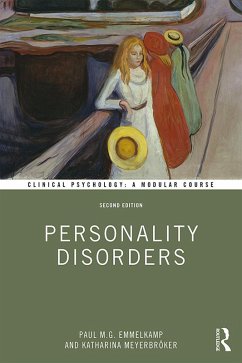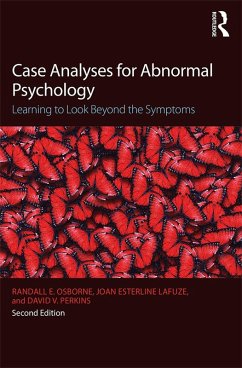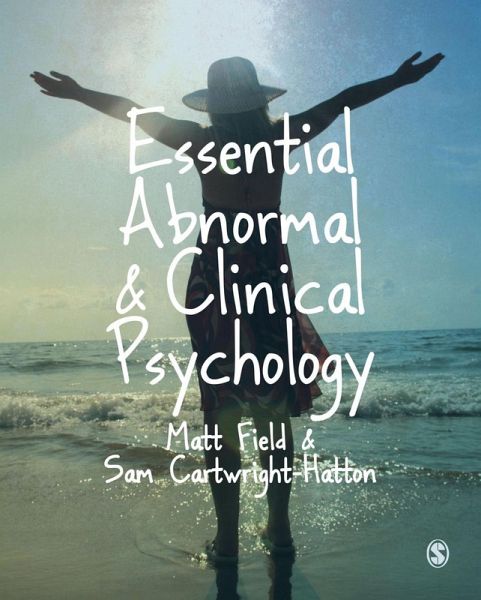
Essential Abnormal and Clinical Psychology (eBook, PDF)
Versandkostenfrei!
Sofort per Download lieferbar
42,95 €
inkl. MwSt.
Weitere Ausgaben:

PAYBACK Punkte
21 °P sammeln!
This essential introduction to abnormal and clinical psychology explores the key areas, controversies and debates in the field and encourages students to think critically.Key features of this textbook include: The latest updates from DSM-5 and ICD-10 and a balanced critique of the diagnostic approach, keeping students at the forefront of the developments and debates in the field "Essential Debate" and "Essential Experience" boxes that encourage critical thinking and provide case study examples to help students critique the findings and apply them in practice Concise chapters providing studen...
This essential introduction to abnormal and clinical psychology explores the key areas, controversies and debates in the field and encourages students to think critically.
Key features of this textbook include:
Suitable for all students taking Abnormal and Clinical Psychology modules.
Key features of this textbook include:
- The latest updates from DSM-5 and ICD-10 and a balanced critique of the diagnostic approach, keeping students at the forefront of the developments and debates in the field
- "Essential Debate" and "Essential Experience" boxes that encourage critical thinking and provide case study examples to help students critique the findings and apply them in practice
- Concise chapters providing students with the essentials they need to get a good grade in their module in Abnormal and Clinical Psychology
- Additional student resources available on the companion website.
Suitable for all students taking Abnormal and Clinical Psychology modules.
Dieser Download kann aus rechtlichen Gründen nur mit Rechnungsadresse in A, D ausgeliefert werden.




